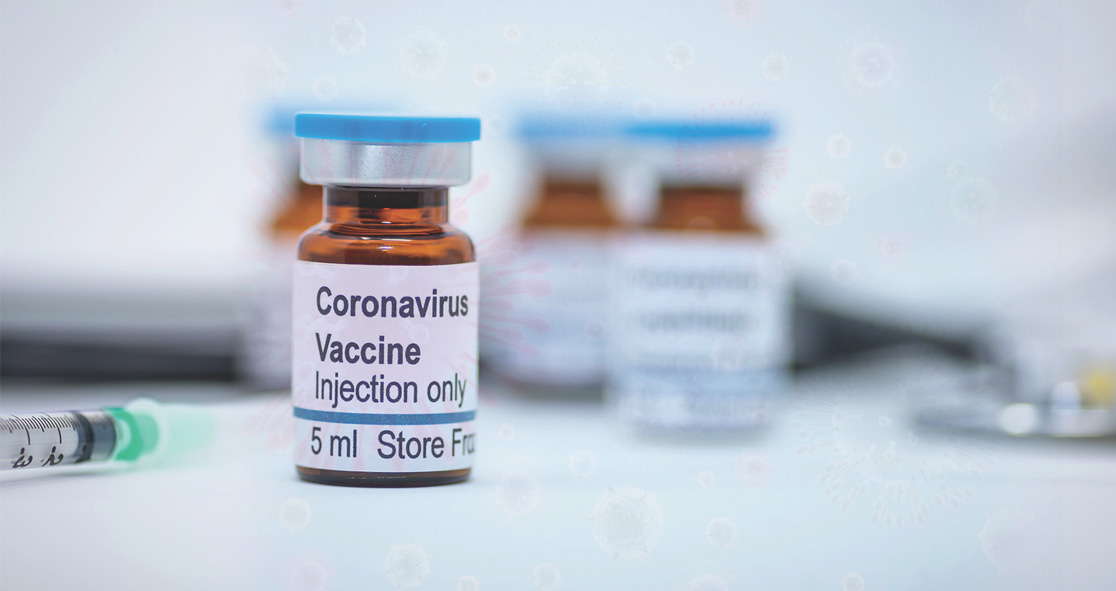When a COVID-19 vaccine hits the market, we need at least two doses and not just one, according to experts.
However, one of the potential problems is logistical. We could face difficulties in the supply chain that could further plague distributing double doses of a vaccine for an entire nation. Another potential concern is convincing people to get the second dose of the vaccine.
Dr. Kelly Moore of Vanderbilt University said, “There’s no question that this is going to be the most complicated, largest vaccination program in human history, and that’s going to take a level of effort, a level of sophistication, that we’ve never tried before.”
So far, the U.S. government has invested money in six pharmaceutical companies for a potential coronavirus vaccine under the Operation Warp Speed program.
Two of those drug companies, Moderna Therapeutics and Pfizer, are now in Phase III clinical trials that include 30,000 volunteers in each of the trials, who are receiving two doses.
The two doses of Moderna’s vaccine candidate are given 28 days apart and Pfizer’s 21 days apart.
Another experimental vaccine, developed by the Oxford University and AstraZeneca, is expected to start Phase III trials this month, with two doses given 28 days apart.
Novavax is also set to begin Phase III trials of its vaccine candidate, which will also be given in two doses. Similarly, Johnson & Johnson’s vaccine candidate will be undergoing Phase III trials, with some participants receiving one dose, while others two doses.
Sanofi, another company that is developing an experimental vaccine, has not made revealed whether their vaccine candidate will be given in one or two doses.
The upcoming COVID-19 vaccine program will be difficult to pull off but it is not impossible.
Dr. Moore said, “I have faith we can do it, but it is a big ask and we have to work with people to make it work.”
Logistically, making 660 million doses for 330 million Americans is one of the tough tasks.
Nada Sanders of Northeastern University said, “We’re looking at double shots. That’s twice the amount. Doubling is a huge supply chain issue.”
“You have to double everything in the supply chain,” she added. “The syringes, can they double up? Can the vials double up? Can the stoppers double up? Can the needles double up? Everybody has to double up, and then they all have to get it in time at the various entities along the supply chain.”
Sanders has expressed concerns over logistical issues during the coronavirus pandemic in the United States, given the fact that there have been delays in getting PPE for frontline health workers.
“We’re talking about such exactness, and we couldn’t get PPE right, so I’m concerned,” Sanders said. “There are many weaknesses across this supply chain — many. If we don’t address this now, the probability of failure is very high.”
Another concern is human issues. It seems like getting a majority of Americans to show up for two doses is tough.
A CNN surgery conducted this month has found that 40% of Americans say they will not get the vaccine, even if it is free and easy to get.
Dr. Nelson Michael, director of the Center for Infectious Diseases Research at Walter Reed Army Institute of Research, said, “These are the sorts of things that I think we need to think about, to make sure that we can incentivize people to come back to make it as easy as possible for them to adhere to a two-shot regimen.” Dr. Michael said the challenges are real. He said, “I think if you give the public health community that remit, they will find a way but the task will be very difficult.”























